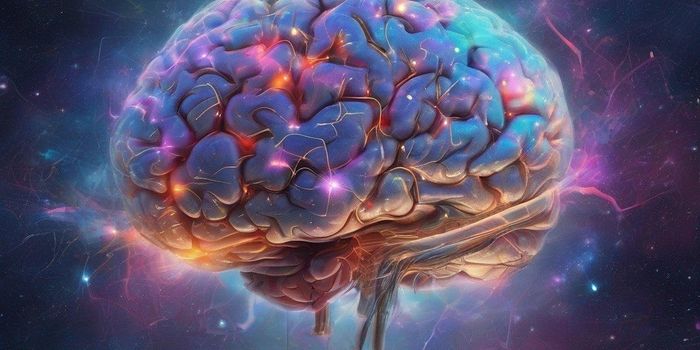Eventful Experiences Pass More Slowly for Children than Adults
Children tend to perceive eventful videos as longer than monotonous ones, but the inverse is true for adults. The corresponding study was published in Nature.
Time is often felt to pass more quickly for adults than children. Exactly why this happens remains unknown- and is difficult to pin down. Unlike distance, for example, time perception does not have a known neuronal representation, nor does it rely on dedicated sensory input.
In the current study, researchers sought to understand more about how children and adults perceive time. To do so, they recruited 138 participants and split them into three age-stratified groups: 4-5 years old, 9-10 years old, and 18 years old and older. Each participant watched two similar one-minute videos taken from a popular animated series. The videos were broadly similar but differed in eventfulness; while one consisted of a rapid succession of events, another was a monotonous, repetitive sequence.
After watching the videos, the researchers asked participants about their duration. They found that two-thirds of pre-kindergartners thought the eventful video was longer. The same was true for around 40% of school-age children and 25% of adults. The researchers noted that the inflection point for time perception might be around seven years old.
They also noted that around 56% of pre-kindergarteners used horizontal as opposed to vertical hand gestures to communicate time duration. The same applied for around 87% of school-age children and 91% of adults.
To explain the findings, the researchers noted that as the brain has no reliable central clock- nor direct sensory mapping of durations- it may use proxies to measure time. This means that a 5-year-old may measure time according to how long it would take to recount an experience ie. an eventful video would take longer to recount than an uneventful one.
The researchers noted that these heuristics may change at around 7 years old as individuals learn about ‘absolute time’ ie. times according to seconds, minutes, and hours. As individuals age, they become more familiar with ‘absolute time’ durations by looking at clocks and ‘keeping track’ of time. Thus, 'absolute time familiarity' may explain why adults largely did not perceive the eventful video as longer.
The same heuristic may also explain why they thought the eventful video was shorter. When immersed in a movie, adults may have less time to 'check the time' and thus are more likely to ‘lose track of it’, than when watching something in a less-engaged manner.
The researchers noted that further studies are needed to understand time perception better. They noted that future studies could investigate whether factors such as the presence of story narrative, conclusiveness of the story, vocabulary size to verbalize stories, and the presence or absence of a listener to communicate the story to may influence time perception.
Sources: Neuroscience News, Nature









